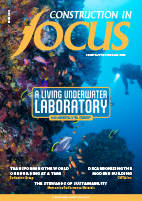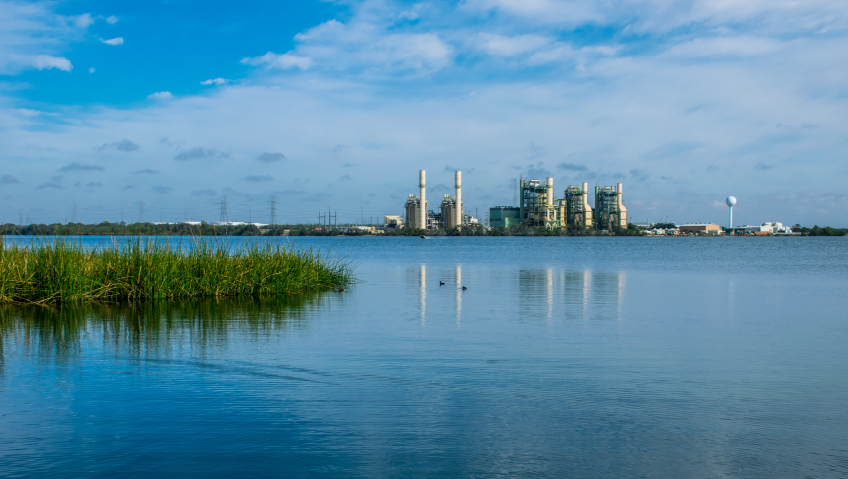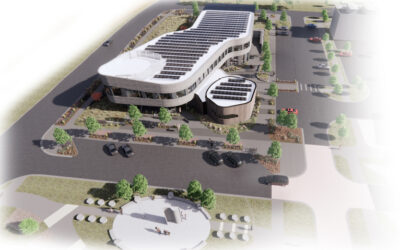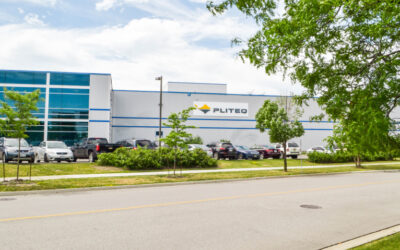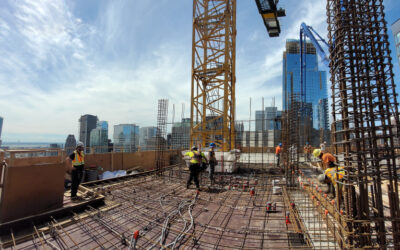Clean energy is increasingly crucial to the health of our planet. While electrified cars are often in the spotlight, it is refreshing to know that one industry titan makes it possible for large construction vehicles and material handling equipment to run as cleanly as possible thanks to trailblazing electric controllers and motors. Electromobility—also known as e-mobility—involves applying electric propulsion to transportation types of all kinds.
Global giant Inmotion provides e-mobility for construction and small material-handling vehicles. It serves big names like Toyota; Volvo Construction Equipment; Generac, a leading firm specializing in outdoor power equipment like wood chippers and the like; Hyster-Yale Materials Handling, Inc. (HYMH); and Carrier Transicold, whose transoceanic refrigeration units also run on Inmotion’s technology. These and others trust the company to develop electric controllers and motors that are tough enough to last and smart enough to make their products shine in a highly competitive market.
Inmotion specializes in electrifying industrial vehicles like construction vehicles, forklifts, pushback tugs to move planes at airports, and even wood chippers. This is made possible through quality components developed and fabricated at several of the company’s facilities in various countries. While the company does not serve the general automotive consumer market, its diverse product portfolio includes power trains for hybrid passenger buses.
“Electrification is in our DNA,” states Kevin Belack, Business Development Manager, noting that the company’s strength comes from forty years of knowledge. “We electrify vehicles for a sustainable future. We [are] a systems integrator, a company that can provide solutions from start to finish.”
The team serves its North American clients from an 80,000-square-foot facility it recently purchased from the state in Blacksburg, Virginia. Here, it also develops small, yet powerful, electric motors. This considerable property investment demonstrates its plans to take root in Virginia and serve its customers as well as its employees and the people of the region.
“This is a really nice facility,” Belack says enthusiastically. “The owners did a really great job. It’s a very nice place to go and work at every day.”
Inmotion’s operating philosophy revolves around serving each area in its vast footprint from a regional fabrication and supply point. Therefore, its European clients deal with its facilities in Stockholm, Sweden, which is also home to its controls engineering department, while those in Asia deal with its outfit in Shanghai, China. What is fantastic about this is that when it engineers a new product in America, an entire fabrication system develops alongside the product. The complete fabrication outlay is reproduced and exported to its other facilities, where the products are fabricated and shipped to the clients of each respective trading zone. “In that way, we can maintain the same quality in the same product,” Belack says.
When units like heavy construction vehicles need conversion, there are two options for electrification. They can either have the original combustion system entirely bypassed to make it fully electric. Or an electric system can be added, turning them into hybrid vehicles where only certain functions run off the electric systems such as machine traction systems on large machines, commonly known as electric-over-hydraulic systems. Smaller machinery that needs less brute strength is ideal for complete electrification, as it is possible to run everything off of battery power.
Belack points out that forklifts, for instance, are rather complex machines—a surprising piece of information in a world running on commerce where storage and retrieval systems form an integral backbone of the larger supply and retail structure. Forklifts “are incredibly complex machines,” he says, and e-mobility conversions require “the most talented people in the industry.”
The company is probably best known for its leading-edge, Swedish-designed inverters featured in airport pushback tugs, of which it has sold several millions over the years. These products feature technology wired up to batteries to provide control intelligence to motors running the machines. The complex software that drives this technology is brought to life by seventy-five top engineers working around the clock to deliver this well-thought-out product to market. It powers the vehicles with around 60,000 hours of running time over its lifespan of nearly continuous use.
Inmotion supplies all components needed to make electrified engines a reality, including software and controllers, electric motors, battery chargers, and more, for engines ranging from 12-volt to 800-volt. One cannot yet entirely obliterate the emissions footprint of intense polluters like airports but the company works diligently to provide solutions that allow such operations to minimize carbon emissions by supplying them with battery-operated and hybrid alternatives to traditional fossil fuel-burning combustion engines. The company is also joining forces with other researchers working toward, eventually, electrifying certain types of non-passenger airplanes.
Purchased in 2014, the privately held company is a subsidiary of Italy-based Zapi S.p.A. Zapi was founded in the mid-seventies by Giannino Zanichelli in Poviglio, Northern Italy. Known for his passion as an engineer and entrepreneur, Zanichelli was one of the industry’s very first visionaries and foresaw a future filled with motorized equipment running on clean energy. The dream became a reality in many ways. Inmotion was the first to launch alternating current (AC) inverters for forklifts, to name but one proud achievement.
Inmotion holds several quality certifications in an ISO14001:2015 governing environmental management. In addition, its ISO 9001 certification focuses on manufacturing systems quality, and an ISO/TS 16949:2009 quality management certification ensures optimum performance for automotive component suppliers.
The company has 1,300 people working from thirteen offices in nine countries. “It’s a fun job. We have a ready market,” Belack says. “We have people who build electric motorcycles at home. I hear about these types of projects often. They take it home with them.”
While staff members take their sense of innovation home with them, they also bring their kindness and caring to the office. The result is an annual Heart Foundation rally to raise money for the organization and committed involvement in a number of other community service projects. In addition to these, the company offers paid leave for its employees to partake in environmentally-focused community work, like when its team recently joined a drive to bring an invasive plant species under control in a local park.
The company aims to hit the 1-billion Euro mark by electrifying the future, and North America’s move toward making small fossil fuel engines obsolete through legislation, as in the case of California, makes achieving that goal soon even more promising. “Beginning in about two years, [traditional] lawnmowers and landscaping equipment will be banned. You will not be able to import into California,” says Belack, who points out that this trend is in alignment with what the company does.
It means that Inmotion’s growth is directly and positively affected by the rising fuel costs and legislation. Inmotion is regularly approached by companies requesting the electrification of products that have never run on battery power before, making this an increasingly exciting time to be in this field. It also means that the company is hiring, as it is always searching for newly graduated engineers to give its vision ever-growing wings.




